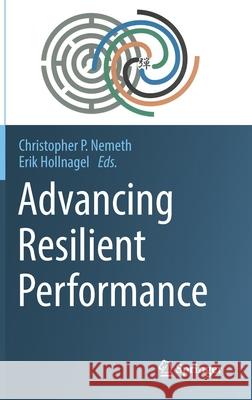Advancing Resilient Performance » książka
topmenu
Advancing Resilient Performance
ISBN-13: 9783030746889 / Angielski / Twarda / 2021 / 174 str.
Advancing Resilient Performance
ISBN-13: 9783030746889 / Angielski / Twarda / 2021 / 174 str.
cena 484,18
(netto: 461,12 VAT: 5%)
Najniższa cena z 30 dni: 462,63
(netto: 461,12 VAT: 5%)
Najniższa cena z 30 dni: 462,63
Termin realizacji zamówienia:
ok. 16-18 dni roboczych.
ok. 16-18 dni roboczych.
Darmowa dostawa!
Kategorie:
Kategorie BISAC:
Wydawca:
Springer
Język:
Angielski
ISBN-13:
9783030746889
Rok wydania:
2021
Wydanie:
2022
Ilość stron:
174
Waga:
0.42 kg
Wymiary:
23.39 x 15.6 x 1.12
Oprawa:
Twarda
Wolumenów:
01
Dodatkowe informacje:
Wydanie ilustrowane











